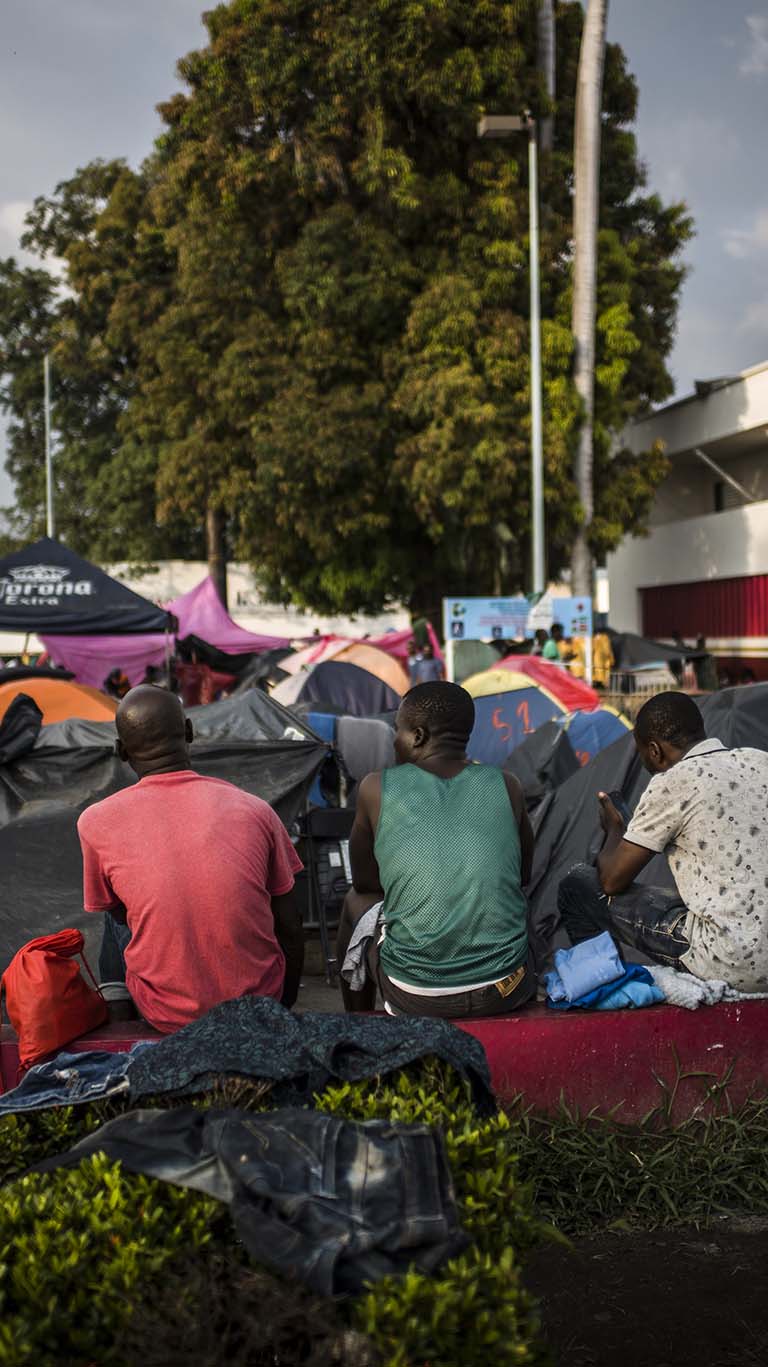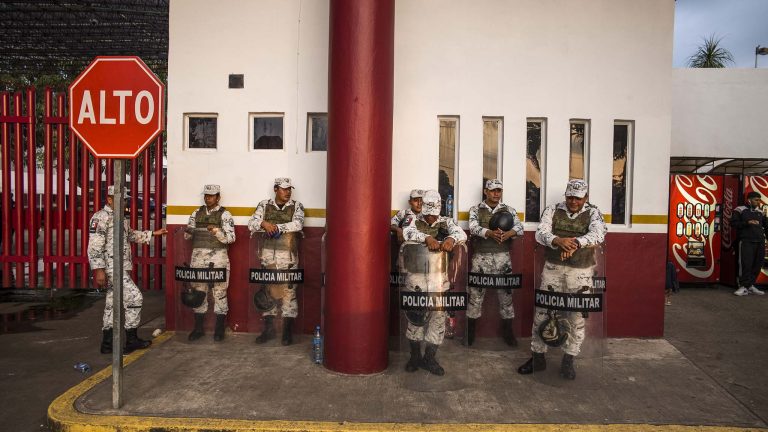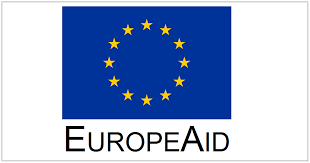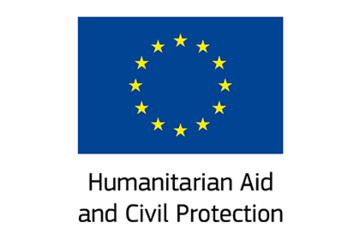Central America and Mexico form a corridor with one of the largest constant flows of migrants in transit anywhere in the world.
Around 450,000 people migrate between Central America and Mexico every year. Increasingly, they include families, women and children fleeing poverty, violence and insecurity linked to organised crime, gang violence and certain elements of the law enforcement agencies.
The extensive violence and impunity in this region have compounded the cross-border migration crisis by increasing the number of internally displaced people.
2021 was marked by a worsening refugee crisis in Mexico, with more and more people in need of international protection and a record number of asylum claims in the country. Overall, 131,448 people submitted new claims to the Mexican Commission for Refugee Assistance (COMAR), of whom 72.6% were in the state of Chiapas.
Although migration policies in Central America were already repressive, border controls have been further tightened. In 2019, the United States exerted pressure to get agreements signed with Mexico, Guatemala, El Salvador and Honduras, all of which aimed to curb irregular migration. These measures led to the closure of migration routes, the militarisation of borders and increased deportations and detention of asylum seekers. This has resulted in making migrants extremely vulnerable, not only on their migration journeys but also in the context of forced returns.










